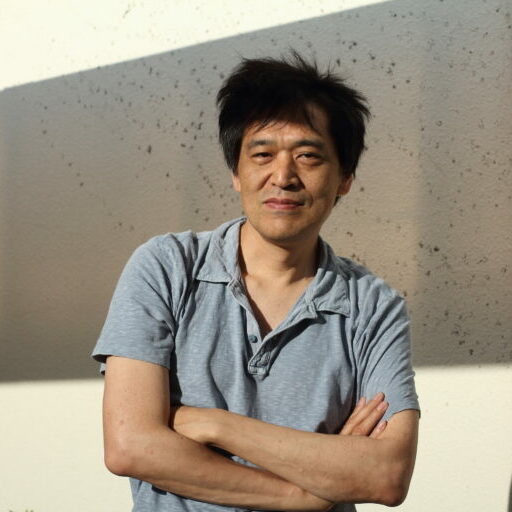Events
イベント
CHAIN ACADEMIC SEMINAR #2
終了しました
池上高志(Takashi Ikegami)氏、ダビデ・マロッコ(Davide Marocco)氏講演会
8月23日(金)に、東京大学教授の池上高志先生、
ナポリ大学准教授のダビデ・マロッコ先生の講演会を開催いたします。
人工知能・人工生命・複雑系などにご関心をお持ちの方々、
主体性や agency の問題に関心をお持ちの方々は、ぜひお越し下さい。
Seminar1

Lecturer
Offloaded Agency:エージェンシーはインストールされる
Abstract:
References:
[1] Lana Sinapayen, Atsushi Masumori, Takashi Ikegami: Learning by stimulation avoidance: A principle to control spiking neural networks dynamics., PLoS ONE,12(2): e0170388. 2017.
[2] Doi, I., Ikegami, T., Masumori, A., Kojima, H., Ogawa K., and Ishiguro, H. A new design principle for an autonomous robot, 14th European Conference on Artificial Life(ECAL2017), pp.490-466.
[3] The Barbican major new exhibition 2019 May 15th- : AI: More than Human http://digicult.it/slider/ai-more-than-human/[4] Otto E Rossler, Lisa-Ruth Vial, Frank Kuske, August Nitschke, Takashi Ikegami and Andrei Ujica. Brain Equation and Personogenesis. Clinics in Pediatrics, vol.2 2019, pp.1-11.[5] Hiroki Kojima, Tom Froese, Mizuki Oka, Hiroyuki Iizuka, Takashi Ikegami: A Sensorimotor Signature of the Transition to Conscious Social Perception: Co-regulation of Active and Passive Touch, Frontiers in Psychology, 8.01778, 2017.
講師紹介
1984年東京大学理学部物理学科卒業、1989年同大学院理学系研究科博士課程修了。1990年神戸大学大学院自然科学研究科助手。1994年東京大学大学院総合文化研究科広域科学専攻助教授に。2008年より東京大大学院広域科学専攻教授。理学博士。複雑系と人工生命をテーマに研究を続けるかたわら、アートとサイエンスの領域をつなぐ活動も精力的に行う。
Seminar2

Lecturer
Embodied Cognition and Sensorimotor Coordination in Human Development: A perspective on Autism Research
Abstract:
講師紹介
Davide Marocco, PhD, is Associate Professor of Psychometric at the University of Naples Federico II. He works with computational models for research and evaluation in psychology with particular interest in the use of innovative assessment methods, such as serious games for negotiation, effective communication and conflict resolution, and innovative methods of psychological analysis, recently applied on autism research. His research activity is centered on Artificial Intelligence and Cognitive Modeling. Previously, he was Visiting Professor at the University of Hokkaido, Reader in Cognitive Robotics and Intelligent Systems at the University of Plymouth, and Researcher at the Institute of Cognitive Sciences and Technologies of the CNR of Rome; he is the coordinator of various European projects in the context of the use of technology in psychological analysis and intervention. Between the most recent is the Erasmus+ ACCORD project which aims to define an educational tool that integrates theoretical and practical aspects on conflict management in intercultural domain in the school context.
Event Report
開催報告